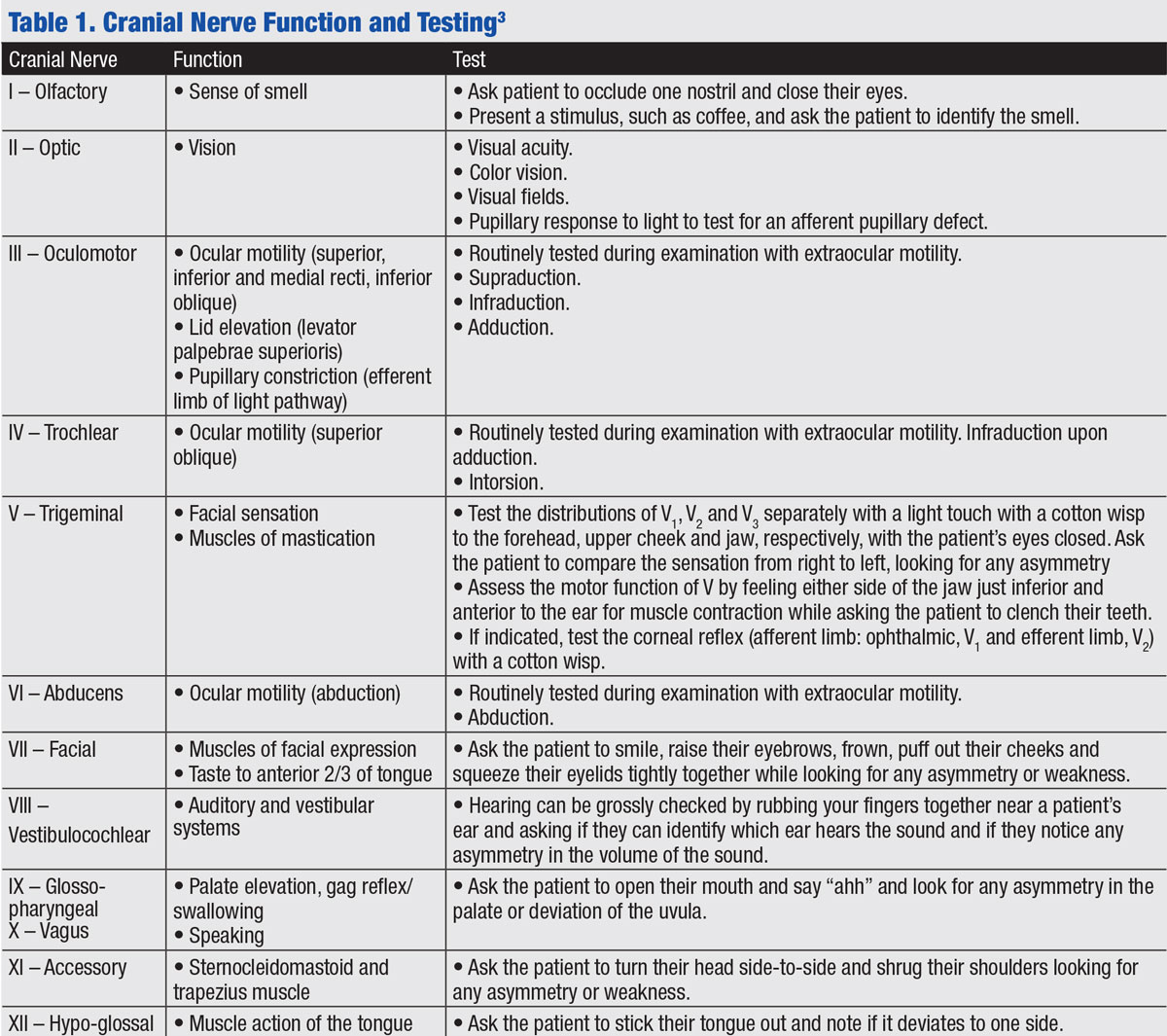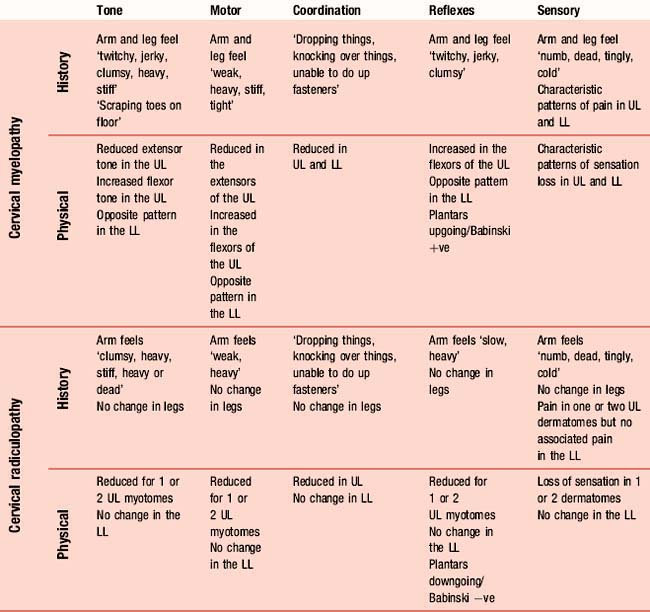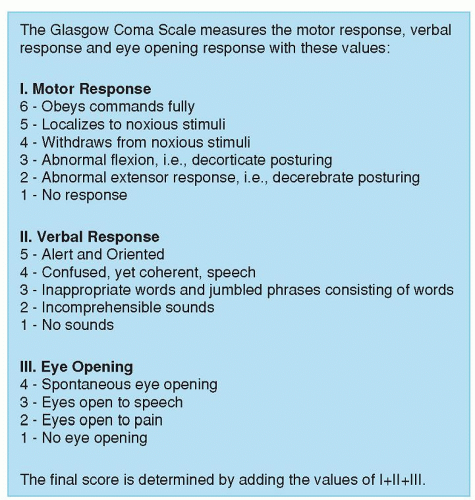Hereof what are the five components of a neurological examination. Order of the 5-minute Neurological Examination 1.

The Neurologic Exam Step By Step
2013 OUTCOME OPTIMIZATION LACUSC Quick and easy way to describe baseline LOC Tests Eye Opening Verbal Motor Response.

. Specific scales are useful to improve interobserver variability. 1 mental status 2 cranial nerves 3 motor system 4 reflexes 5 sensory system 6 coordination and 7 station and gait. However unless you work in a neuro unit you wont typically need to perform a.
A complete neurological examination requires assessment of all five components. Truncal stability vermis and Romberg test proprioception 4. Key components of a mental status exam include general appearance and behavior cognition and moodaffect.
It should allow us to create individual patient-centred goals and ultimately a tailor. žDiscuss and apply an appropriate neurological assessment based upon a given patient_s. The physical examination of the neurological system includes assessment of both the central and peripheral nervous systems.
Important components of the neurological examination include assessment of mental status and testing cranial nerves Jarvis 2016. Components of a neurological examination. Nursing assessment priorities focus on evaluating 1 level of consciousness 2 motor function 3 pupillary function 4 respiratory function and 5 vital signs.
Mental status adventitial movements and facial symmetry already tested during history taking 2. Evaluate level of consiousness if the patient is alerted to. The neurological exam can be organized into 7 categories.
Person place and time. Start studying The Neuro Assessment 5 Components. Components Vital Signs Consciousness Glasgow Coma Scale Motor Function Sensory Function Cranial Nerve Function Reflexes Physical Exam 5 NeuroTrauma LA.
A neurological assessment focuses on the nervous system to assess and identify any abnormalities that affect function and activities of daily living. Generally the cognitive portion of your examination includes an assessment of your level of alertness awareness concentration and memory2A big part of the cognitive portion of your neurological exam is based on your natural interaction during your medical visit but you will also have to answer some focused questi. Testing of one system is often predicated on the normal function of other organ systems.
Gait casual heel toe tandem 3. During the exam your neurologist will test different functions of the nervous system. Speech swallowing and coordination should also be assessed.
The neurological exam can be organized into 7 categories. žIdentify the components of a neurological examination. Lower limbs - arise from a squat or a chair with arms folded b.
A neurological assessment is a vital component of patient assessment. In respect to this what are the five components of a neurological examination. If for example a patient is visually impaired they may not be able to perform finger to nose testing a part of the assessment of cerebellar function see below.
Like any other aspect of the exam the neurological assessment has limits. A routine neurological exam usually starts by assessing the patients mental status followed by evaluation of sensory function and motor function. Learn vocabulary terms and more with flashcards games and other study tools.
General Appearance Assessed by observing the patient. The types of tests will depend on your symptoms but most neurological exams include tests of some or all of the following. Ex look for abnormal behavior moods such.
A complete neurologic examination should contain an assessment of sensorium cognition cranial nerves motor sensory cerebellar gait reflexes meningeal irritation and long tract signs. A neurologist is a doctor who specializes in diagnosing and treating disorders of the brain and spinal cord. Five major components make up the neurological evaluation of the critically ill patient.
Mental status is often one of the first aspects assessed during a comprehensive neurological assessment and provides information on cerebral functioning. 1 mental status 2 cranial nerves 3 motor system 4 reflexes 5 sensory system 6 coordination and 7 station and gait. Functional motor testing a.
Inquiry about exposure to environmental hazards is also a consideration. A thorough neurologic assessment will include assessing mental status cranial nerves motor and sensory function pupillary response reflexes the cerebellum and vital signs.

The Neurologic Exam Step By Step

Neurological Assessment Musculoskeletal Key


0 Comments